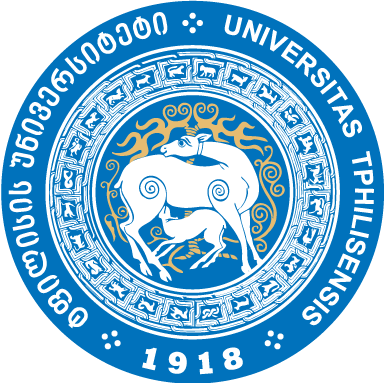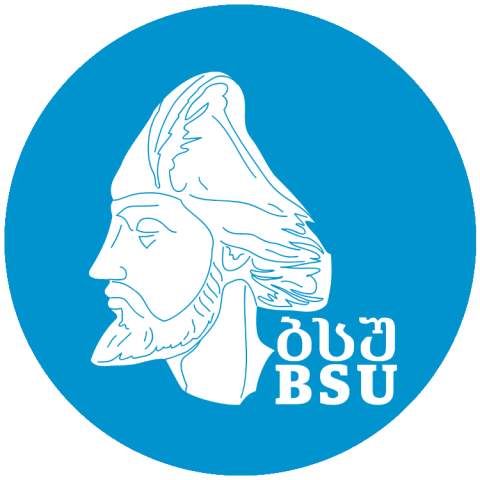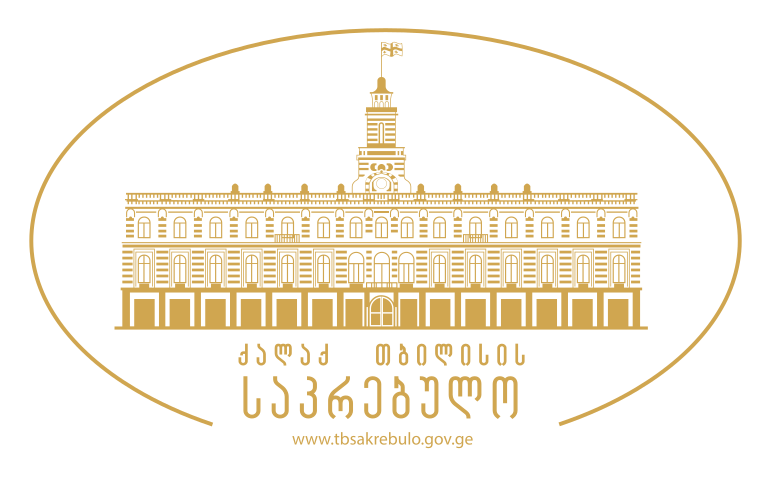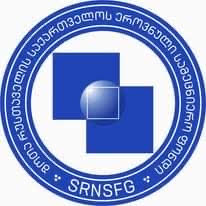027-On Our Post-mediatic Bodies
Organized by: Prof. Hyowon Shim
English
- Panel descriptions
Approximately one hundred years have passed since Benjamin stated that “in technology a physis is being organized through which mankind's contact with the cosmos takes a new and different form.” What he described alludes to the relationship between technology and the human body, one which becomes more inseparable with complexity over time. We are now living in the era of “post media,” meaning “Meta-media,” “after media,” or “no media.” However, his modern insight is still valid given the evidence of increasing discourse placing an emphasis on body reception and interaction with the latest digital technology, which extends from Youtube and Google to interactive artworks, and VR/Wearable technology. Interestingly, the body is a key concern of discussions regarding the latest digital technology, that which tends to be more immaterial and intangible. To address this paradoxical dynamic, this panel discussion focuses on the intertwined relationship of our post-mediatic bodies, which exist not only in corporal but cultural and social forms. This attempt also aims to recontextualize Benjamin’s concept of “physis,” applying it to the contemporary conditions of technologies and highlighting its distinctiveness compared to the previous era.
- Presenters and abstracts
- “Thwarted Movement in Media Art, between Defiguration and Embodiment”
Soo-Young Nam (Korea National University of Arts, syn201@karts.ac.kr)
Abstract This is a critical study on the concept of authorship and training methodology in digital media arts, recapitulated from the cinematic defiguration to the digital embodiment of interactive becomings.
- “Towards the Critical Theory of Postmedia: Stiegler with Deleuze”
Alex Taek-Gwang Lee (Kyung Hee University, tglee@khu.ac.kr)
Abstract My presentation will discuss the possibility of critical postmedia theory by bringing Stiegler and Deleuze together. Bernard Stiegler’s discussion of “automatic society” has its reference to Deleuze’s concept of “control society.” However, his quote of Deleuze aims at criticizing his understanding of control as modulation. He argues that “in the hyper-industrial stage, hyper-control is established through a process of generalized automatization.” Stiegler emphasizes the hyper-control of automatic society against the modulation of control society. What makes a difference between the two types of control is “digital tertiary retention,” which is the operator of “proletarianization” and makes a short circuit of “the noetic faculties of theorization and deliberation.” The digital tertiary retention is parallel to the analogue tertiary retention in the twentieth century, which was the operator of proletarianization of savoir-vivre, and the mechanical tertiary retention in the nineteenth century, which was the operator of proletarianization of savoir-faire. Following these two stages, the digital tertiary retention is the third stage of proletarianization, i.e., automatization – the loss of savoirs théoriques. Deleuze clearly defined control societies as the historical by-product after the Second World War. His concept resonated with Foucault’s notion of the societies of sovereignty, i.e., the disciplinary societies, and anticipated the later concept of biopolitics. Unlike Stiegler’s understanding of digital automatism as the cause of proletarianization, Deleuze stresses the link between the societies of control and financialization, which drives the individual to be divided into data. This dissection of the individual is nothing else than the crisis of liberal governmentality regulated by political economy.
- “Wearable technology in Media Art: in the case of post-mediatic form”
Soojin Kwon (Chungang University, Kwonsoojin@gmail.com)
Abstract When Marshall McLuhan stated, “Clothing, [is] an extension of the skin…”(Understanding Media, 129), the technologies were already out-running over imagination. Further into ‘Extensions of Man’, media are extension of not only our bodies but also our psyches. In the centuries before the technology changed our perspective on media as a conceptual object; thus forced us to accept the technology to question ‘How to write traditions in post-mediatic turn in the Art?’ This presentation discusses the roles and meanings of (visual) media in a mediatized society which are inter-transmedial visual art medium as creative methods. As well as how the performative motifs surface in contemporary arts; especially of wearable technology in performance arts. Such as a video installation & performance artist ‘Bill Shannon’ who explores body-centric video installations through technology to incorporate movement practice of ‘extension of the skin’ as McLuhan stated. The two main aspects of this discussions are; 1) how have media developed from the time of early cinema up to current new media as form of Art; 2) How technology changed along with post-mediatic turn in cultural forms. These aspects will try to discuss through Bill Shannon’s arts covering the possible outlooks; how digital media facilitate new approaches of wearable technology in the influence of media and hardware verses traditional concepts of Art.
- “Our Belief on Body Experiencing the Virtual World”
Hyowon Shim (Yonsei University, hyowon.shim@gmail.com)
Abstract This presentation attempts to analyze how our bodies perceive and experience Virtual Reality(VR). It begins with comparing the ways of visualization of VR with the ones of cinema. While they both present images, I point out that one of the crucial differences is related to subjectivity, the mode of viewer’s reception. Cinematic viewers are induced to forget their bodies under the circumstances of ‘blackbox,’while in contrast, VR viewers are constantly forced to move and act according to what they are shown. It does not mean that VR technologies enforce viwers’ subjectivity, but rather their ‘belief’ on subjectivity. In other words, it summons our belief of ownership of the viewing experience through actions with our body. It seems like we have control over our body in VR, but in fact, we are needed to move according to the constructed world, not by ourselves. The notion of Psychotechnics suggested by Hugo Munsterberg and some contemporary discussions in cognitive science are brought into this discussion. I argue that the body, allowed to participate in the virtual world, functions more in the psychological layers, which deserves more of our focus.
The Project was supported by Shota Rustaveli National Science Foundation of Georgia (SRNSFG) [grant number MG-ISE-22-170]












_001.png)



